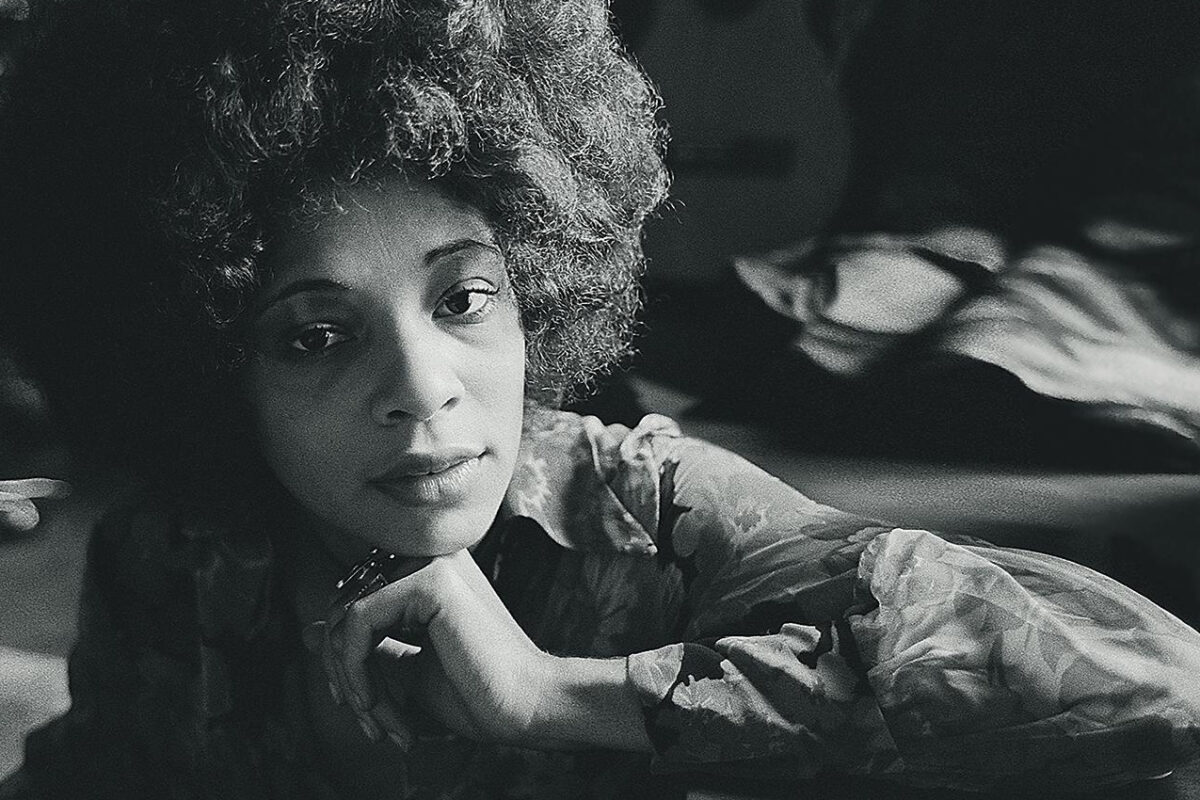In the pantheon of music legends, few artists have been as groundbreaking yet underappreciated as Betty Davis. A trailblazer in funk and rock, Davis’s raw talent, unapologetic sexuality, and innovative sound paved the way for future generations of musicians. This article delves into the life, career, and lasting impact of the woman who dared to be different in an era of conformity.
Roots in North Carolina
Born Betty Mabry in 1945, Davis’s early years were spent in Durham, North Carolina. Her upbringing in the South during a time of significant social change would later influence her music and persona. From a young age, a passion for music was displayed, with singing and writing songs often used as a form of self-expression.
In her late teens, a pivotal decision was made to move to New York City. Immersed in the vibrant cultural and musical scene of the 1960s, she quickly became a fixture in the underground music community. It was here that her craft was honed, influenced by the city’s eclectic mix of jazz, rock, and funk.
The Impact of Jimi Hendrix and Miles Davis
Her relationships with Jimi Hendrix and Miles Davis were particularly transformative. Hendrix’s innovative guitar work and stage presence left a lasting impression, while her marriage to Miles Davis exposed her to the avant-garde world of jazz fusion. These influences melded into her unique sound, characterized by its raw energy and sophisticated musicianship.
Before making her mark as a solo artist, Davis showcased her songwriting talent with “Uptown,” a track she wrote for the Chambers Brothers. This early success demonstrated her ability to craft compelling music and laid the groundwork for her future endeavors.
She was the first Madonna
Santana
The Birth of a Funk Icon
Betty’s music was raw, sexual, and unapologetically funky. Her self-titled debut album in 1973 shocked the industry with its explicit lyrics and aggressive sound. Can you believe some radio stations banned her music for being too hot to handle? Now that’s what we call making an entrance!
The production techniques employed in Davis’s albums were innovative and ahead of their time. She was involved in every aspect of the recording process, ensuring that her vision was fully realized in the final product.
Lineup: Betty’s core live band in the mid-1970s consisted of:
- Larry Johnson on guitar
- Fred Mills on keyboards
- Carlos Morales on guitar
- Nicky Neal on drums
- Louis “Pee Wee” Kerr on bass
Betty Davis (1973)
Her self-titled debut album, released in 1973, was a powerful introduction to her unique sound. With tracks like “If I’m In Luck I Might Get Picked Up,” Davis established herself as a fearless artist unafraid to explore themes of sexuality and empowerment.
They Say I’m Different (1974)
In 1974, Davis released “They Say I’m Different,” an album that further solidified her place in the pantheon of funk. Songs like “Shoo-B-Doop and Cop Him” and “He Was a Big Freak” showcased her distinctive voice and provocative lyrical style.
Nasty Gal (1975)
“Nasty Gal,” released in 1975, is perhaps her most well-known work. The album’s title track is a defiant anthem of self-assertion, while other songs like “F.U.N.K.” highlight her innovative approach to funk and rock. The album remains a testament to her artistic vision and uncompromising attitude.
Each album showcased her unique blend of funk, rock, and soul, with lyrics that pushed boundaries and challenged societal norms. Betty’s vocal style was as unique as her personality. Gritty, powerful, and full of emotion, her voice could go from a whisper to a scream in seconds. It’s no wonder she’s been cited as an influence by artists like Prince, Erykah Badu, and Janelle Monáe.
Sexual Liberation
Her exploration of sexual liberation was groundbreaking, addressing themes that were often considered taboo. Through her music, Davis celebrated sexual freedom and challenged the double standards faced by women, making her a pioneer in this realm.
Beyond personal themes, Davis’s lyrics often included sharp social commentary. She addressed issues of race, inequality, and injustice with a raw honesty that added depth and substance to her music.
Industry Pushback and Personal Struggles
Davis faced significant pushback from the music industry, which often struggled to accept her bold and unconventional style. Despite these challenges, she remained steadfast in her artistic integrity, refusing to compromise her vision.
Her personal life was also marked by struggles, including her tumultuous marriage to Miles Davis and the pressures of the music industry. These experiences, however, only seemed to fuel her creativity and determination.
The Mystery of Her Disappearance
After the release of “Nasty Gal” in 1975, Betty seemingly vanished from the music scene. For decades, fans wondered what happened to the funk queen. The truth? She chose to step away from the limelight, valuing her privacy over fame.
In the early 2000s, a new generation of music lovers rediscovered Betty’s work. Reissues of her albums introduced her to a whole new audience, sparking a renewed interest in her groundbreaking music and style.
Betty’s Lasting Impact
Today, Betty Davis is recognized as a pioneer who paved the way for countless artists. Her fearless approach to music, fashion, and self-expression continues to inspire new generations of musicians and fans alike. Davis died from cancer at her home in Homestead, Pennsylvania, on February 9, 2022, at the age of 77.
Betty Davis’s legacy is one of enduring influence and inspiration. Her fearless approach to music and life has left an indelible mark on the industry. The timelessness of her music and message continues to resonate with new generations, ensuring that Betty Davis’s contributions to music and culture will never be forgotten.
Related Links:
Discographie at lightintheattic.net
Vamping Into The Void: Betty Davis – They Say I’m Different
Betty Davis on Funklogie’s Third Rock

